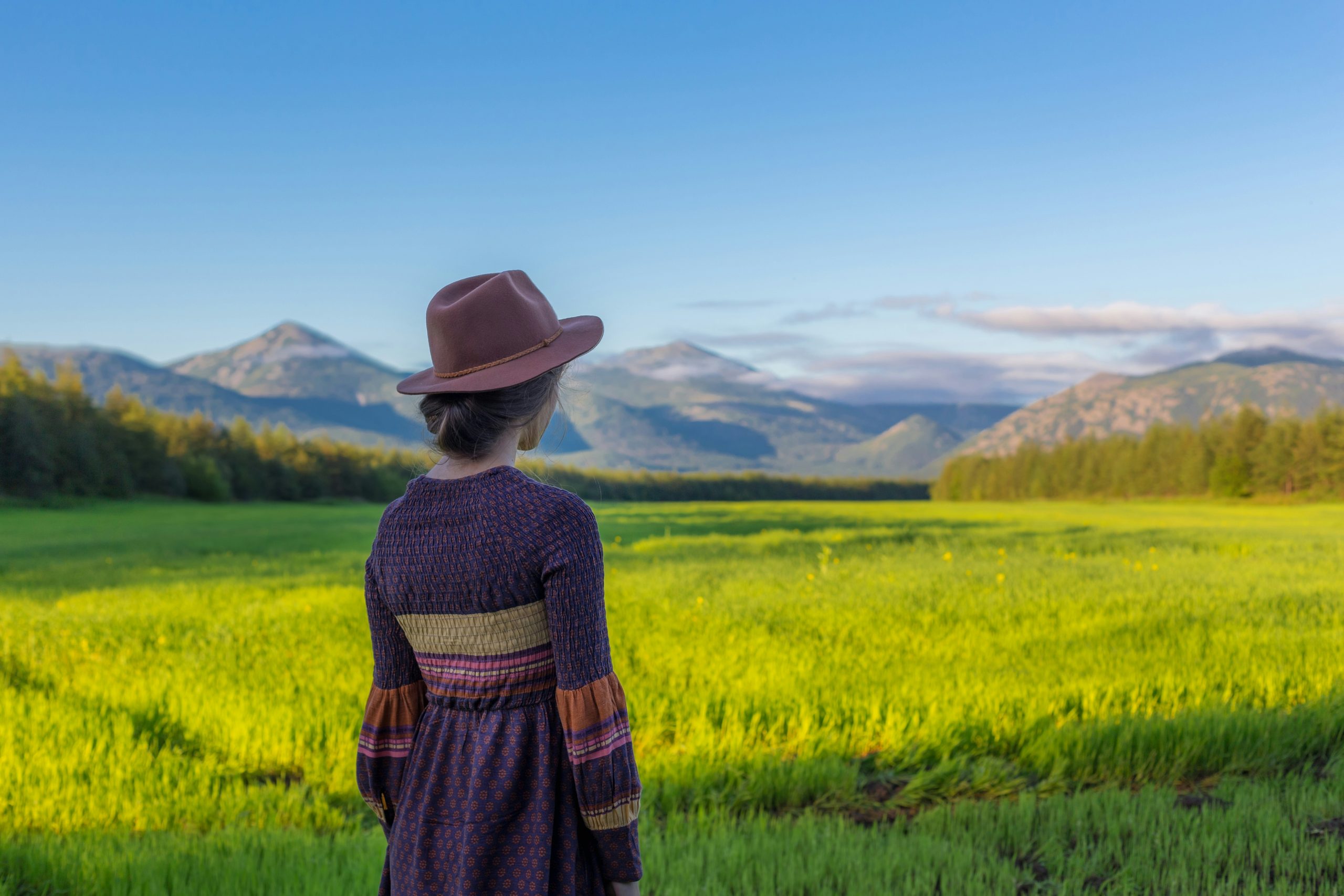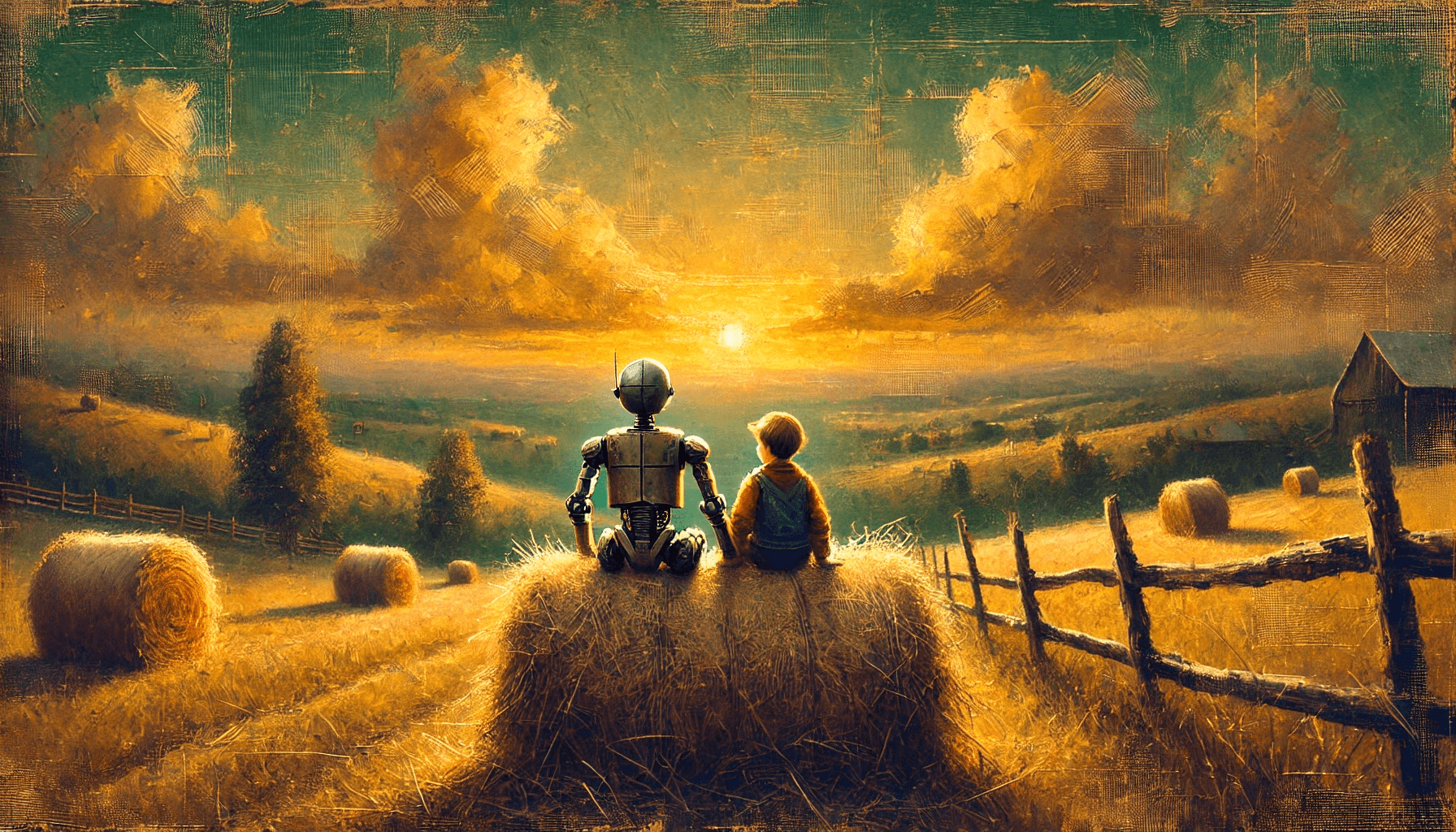We find ourselves at a peculiar crossroads — watching the unraveling of once-stable systems, while distant lands stir with echoes of something oddly familiar, even comforting. In the noise of our Western constructs — the false progress, the chronic self-importance, and performative freedom — a contrast reveals itself in the quieter strength of those who’ve endured actual hardship. This isn’t about glorifying one over the other. It’s about noticing — and remembering — what we’ve lost, and what we might still rebuild.
Tag: self sufficiency
The current political, economic, and ideological landscape of Canada — and by extension, many Western nations — appears to be on a dangerous trajectory. Despite mounting evidence of governmental overreach, economic stagnation, and a disconnect between political elites and the citizens they serve, many remain unaware or passive in the face of systemic manipulation. This discourse delves into the broader forces at play, exploring how government expansion, media control, and “globalist” agendas are reshaping society, and how individuals can reclaim their agency to build more resilient, independent futures.




